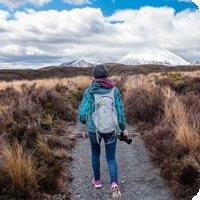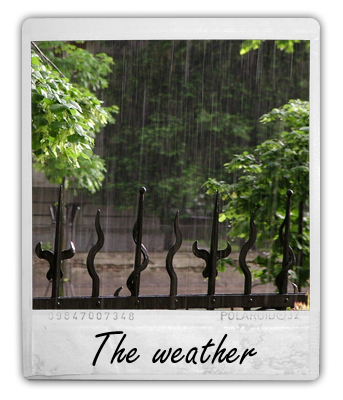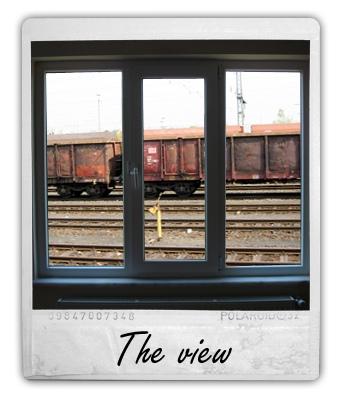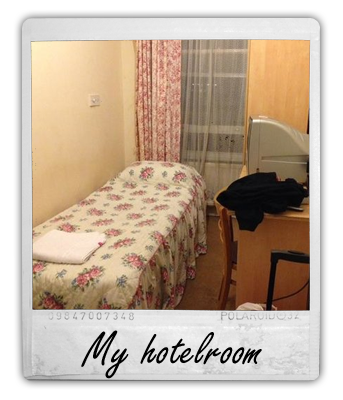Het arrangement Facts and figures h45 is gemaakt met Wikiwijs van Kennisnet. Wikiwijs is hét onderwijsplatform waar je leermiddelen zoekt, maakt en deelt.
- Auteur
- Laatst gewijzigd
- 2025-05-11 19:53:51
- Licentie
-
Dit lesmateriaal is gepubliceerd onder de Creative Commons Naamsvermelding-GelijkDelen 4.0 Internationale licentie. Dit houdt in dat je onder de voorwaarde van naamsvermelding en publicatie onder dezelfde licentie vrij bent om:
- het werk te delen - te kopiëren, te verspreiden en door te geven via elk medium of bestandsformaat
- het werk te bewerken - te remixen, te veranderen en afgeleide werken te maken
- voor alle doeleinden, inclusief commerciële doeleinden.
Meer informatie over de CC Naamsvermelding-GelijkDelen 4.0 Internationale licentie.
Aanvullende informatie over dit lesmateriaal
Van dit lesmateriaal is de volgende aanvullende informatie beschikbaar:
- Toelichting
- Deze les valt onder de arrangeerbare leerlijn van de Stercollectie voor Engels voor havo, leerjaar 4 en 5. Dit is thema 'Tourism'. Het onderwerp van deze les is: Facts and figures. Deze les gaat over het verschil tussen een reiziger en een toerist. Daarbij worden er feiten en cijfers gegeven rondom het onderwerp Toerisme. De grammaticaopdracht gaat over de past simple en werkwoorden.
- Leerniveau
- HAVO 4; HAVO 5;
- Leerinhoud en doelen
- Engels;
- Eindgebruiker
- leerling/student
- Moeilijkheidsgraad
- gemiddeld
- Studiebelasting
- 4 uur 0 minuten
- Trefwoorden
- arrangeerbaar, engels, facts and figures, feiten en cijfers, h45, past simple, reiziger, stercollectie, toerist

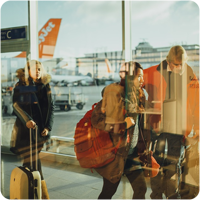 The subject of this lesson is 'Facts and figures'.
The subject of this lesson is 'Facts and figures'.


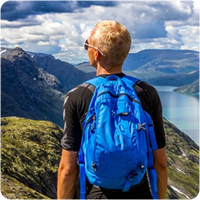 Read the questions below. First read the questions and think about the answers. Then discuss the questions with a classmate.
Read the questions below. First read the questions and think about the answers. Then discuss the questions with a classmate.


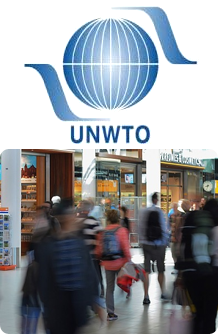 The top headlines of 2014 painted a challenging landscape. From sluggish economic growth and conflicts to the Ebola virus outbreak in West Africa – to all appearances, such circumstances were hardly favourable for tourism.
The top headlines of 2014 painted a challenging landscape. From sluggish economic growth and conflicts to the Ebola virus outbreak in West Africa – to all appearances, such circumstances were hardly favourable for tourism.
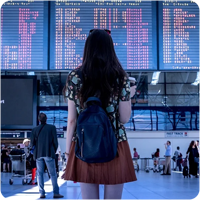 Some of the Major Current Issues Confronting Tourism
Some of the Major Current Issues Confronting Tourism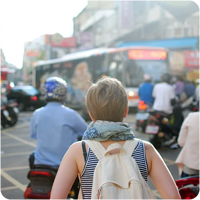 If you want to be able to do the assignments correctly you will need to know more about some grammar items.
If you want to be able to do the assignments correctly you will need to know more about some grammar items.
